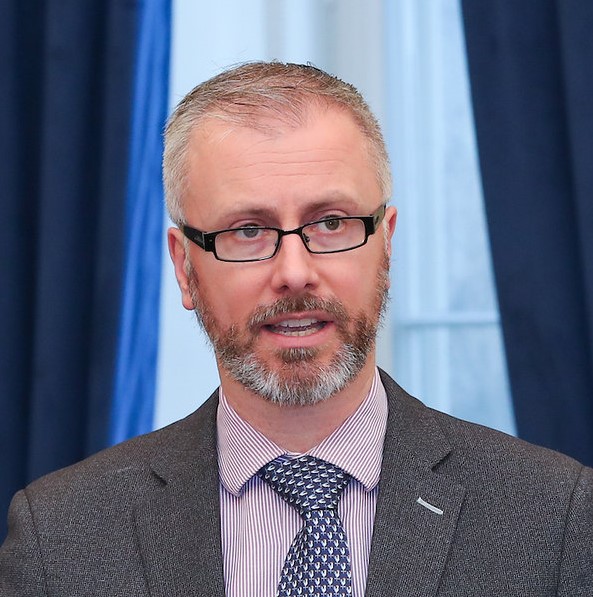
Minister Roderic O’Gorman has deflected criticism of the referendum on care by saying it is not about disability which may need a separate amendment.
His comments follow a raft of criticism from NGOs that the proposal does little or nothing for people with disabilities.
“This is not a disability amendment to our Constitution, this is a care amendment. There may be a very good case for a specific disability amendment to our Constitution but that is not what we are seeking to achieve. This is about recognising care,” he said at an event in Galway.
Nonetheless, Minister O’Gorman said that the care amendment would empower Government ministers to lobby for change, and for people to take court cases.
“I believe that this will be important to empower me, and whoever succeeds me as Minister for Disability, to advocate for more investment,” he said.
“Politicians and policymakers will draw strength if this amendment is passed, but ultimately, people with disabilities will have an avenue to go to the courts, which they don’t currently have and I think that that is important”.

A further two major NGOs will not campaign for the Government’s proposed “care” amendment to the Constitution.
This follows a call for a No vote of the same amendment by the Free Legal Advice Centres (Flac).
The board of the Independent Living Movement Ireland (ILMI) voted unanimously that it has “no position as an organisation” on either of the forthcoming referendums and it has withdrawn from an alliance of civil society groups campaigning for a Yes vote.
The ILMI and the other organisations in the ‘equality coalition’ had built a ‘comprehensive’ understanding of the term “care”. However, after the wording of the amendment “fell short”, the coalition lobbied for changes, but none were accepted.
Meanwhile, the Irish Council for Civil Liberties (ICCL) said the care amendment “will not provide meaningful legal protection to any person who gives or receives care”.
The ICCL said it will not be taking part in the referendum campaign but hoped it is “well informed, and that human rights and equality are given meaningful consideration during the debates”.
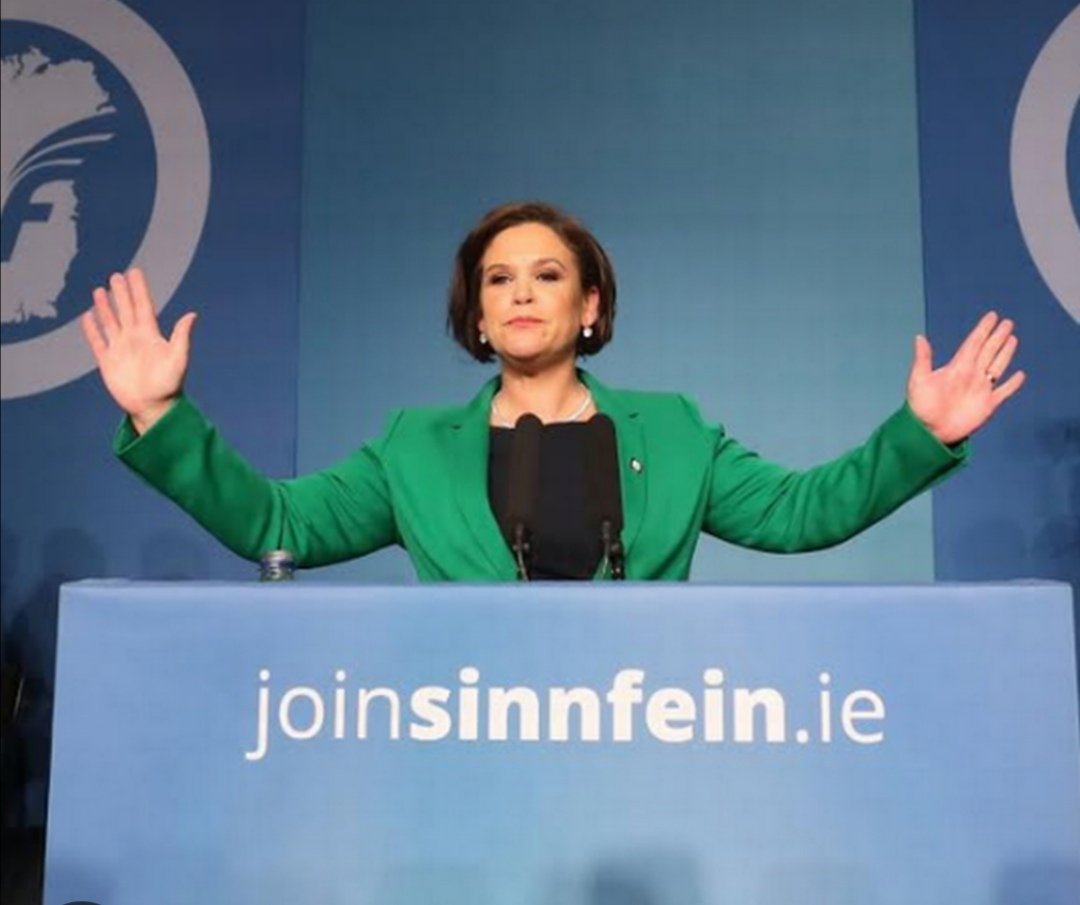
Speaking at the launch of the party’s campaign for a Yes-Yes vote Ms McDonald said the government had acted in haste and failed to consult properly or adopt the work that had been done by the Citizens’ Assembly.
She said that she had spoken to carers who were supportive but also those who viewed the referendum on care as mere “lip service”.
“On the one hand, it represents a step forward, but on the other hand, it’s not the comprehensive, copper-fastened recognition of care, vindicating the rights of caring, carers, inside the home and beyond.”
“Should this fail, the question we would put would be the wording as per the Citizens’ Assembly.”
The Dublin Central TD said it would be her ambition to do so early in the term of any government Sinn Féin took part in.
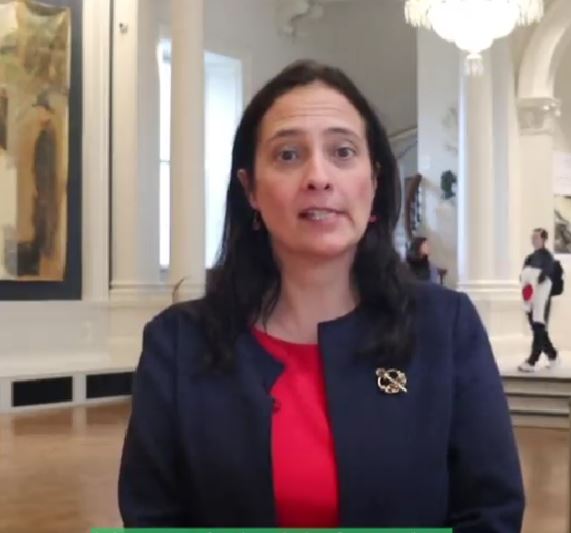
Media Minister Catherine Martin is “simply wrong” about what the Constitution says about mothers in the home, according to the chairwoman of the Electoral Commission.
Reacting to Ms Martin’s comments specifically in an interview with the Irish Mail On Sunday over the weekend, Justice Baker said the Minister was “simply wrong.”
“[The Constitution] says something much more positive than that. It says something that is a more positive statement of values. It says that the work women do in the home provides an important support to the common good of society.”
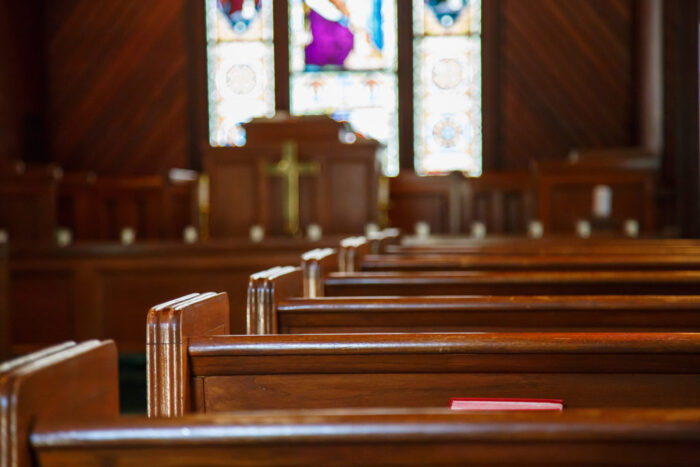
Sunday church attendance is just 80 per cent of what it was in 2019, Telegraph analysis has revealed, despite the Church of England claiming that it has “bounced back” after the pandemic.
The figures reveal that church attendance has more than halved since 1987, prompting clergy to warn: “This is a doom spiral of the church’s own choosing.”
In 2023, The Telegraph published an investigation which revealed that parishes are closing at a record rate, prompting fears that the Church had been “dealt a death knell”.
The investigation found that almost 300 parishes have disappeared in the past five years alone – the fastest rate since records began in 1960.
They also came amid declining congregation numbers, leaving many clergy afraid to speak out for fear of losing their jobs.

A former Dutch prime minister, Dries van Agt, has died by euthanasia, with his wife Eugenie. They were both 93. Numbers availing of euthanasia in the Netherlands keep rising and the grounds keep expanding.
Their deaths last week are seen as part of a growing trend in the Netherlands for “duo euthanasia”.
Although still rare, euthanasia of couples was first noted in a review of all cases in 2020, when 26 people were granted euthanasia at the same time as their partners. The numbers grew to 32 the following year and 58 in 2022.

The Free Legal Advice Centre (FLAC) has urged a no vote in the forthcoming ‘care’ referendum.
The amendment would delete a protection for mothers to not be forced to work outside the home due to economic necessity and replace it with a new article where the State would merely “strive to support” care within the family without any reference to mothers or home.
FLAC said the wording of the proposed amendment on care is ineffective, “implicitly sexist” and is unlikely to provide carers, people with disabilities, or older people with any new enforceable rights.
It said it is also unlikely to require the State to provide improved childcare, supports for carers or for children with disabilities.
FLAC said it is “hugely regrettable” that the legislative process around the referendum bills was truncated and says the “rushed process” around finalising the amendments has contributed to the weaknesses of both referendum proposals.
It support the referendum on “durable relationships” despite uncertainty around the meaning of the term.
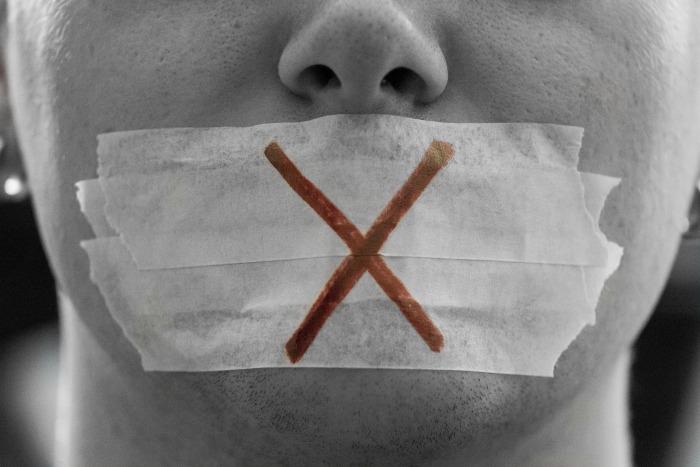
A new bill from Germany’s left-wing Government proposes vaguely defined exclusion zones, banning behaviour that could be perceived as “confusing” or “disturbing” within 100 Meters of medical clinics providing abortion.
The bill has been criticised due to its vague wording and disputed necessity. In response to a parliamentary question on how, when, and where problematic incidents of hindrance or harassment near abortion facilities occurred, the responsible Ministry recently admitted: “The federal government does not have any concrete numerical findings” that would support the need for such a far-reaching bill.
Whereas harassment is already illegal, free speech advocates warn that the language of the bill could criminalise a simple offer of help made to women in crisis pregnancies, as well as prayer.
“The right to peacefully pray is protected by international and national law. No matter one’s opinion on abortion, everyone suffers when we start to censor the right to speak freely, pray, or engage in consensual conversations,” said Dr. Felix Böllmann, German lawyer and Director of European Advocacy for ADF International.

GPs made claims for a total of 9,218 abortions in the first eleven months of last year, according to figures released by the HSE to Carol Nolan TD.
As this figure does not include abortions carried out in a hospital setting, or the figures for the month of December, the total for the whole year will likely be in excess of 10,000.
Commenting on the “shocking” figures, Pro Life Campaign spokesperson Eilís Mulroy said there is an “alarming trend where the annual abortion rate has risen dramatically since 2019, but most especially in the last two years”.
“The government cannot continue to bury its head in the sand and refuse to listen to the voices of those who have well grounded and practical suggestions on how to reduce the soaring abortion rate.”
Deputy Carol Nolan said Ireland is now facing an “epidemic of loss,” adding that there is an “under-promotion” of alternatives.
“Thousands of women are being betrayed by the over promotion of abortion as the only possible response to pregnancy in certain circumstances and the cruel under promotion of life affirming alternatives”.

Greece has become the first predominantly Christian Orthodox nation to legalise same-sex marriage, but has retained a ban on gay couples using donor IVF and surrogacy to have children.
176 MPs from across the political spectrum voted in favour of the bill in the Greek Parliament on Thursday. 76 rejected the change while two abstained and 46 were not present.
Despite facing formidable pushback from within his own centre-right New Democracy party, prime minister Kyriakos Mitsotakis had championed the bill.
Among the opposition, the former prime minister Antonis Samaras had told parliament that same-sex marriage was not a human right and the “dangerous” law should not have been introduced.
Some supporters lamented that the law in Greece still bans same-sex couples from achieving parenthood through surrogacy. Instead, only single women and straight couples have access to assisted reproduction.